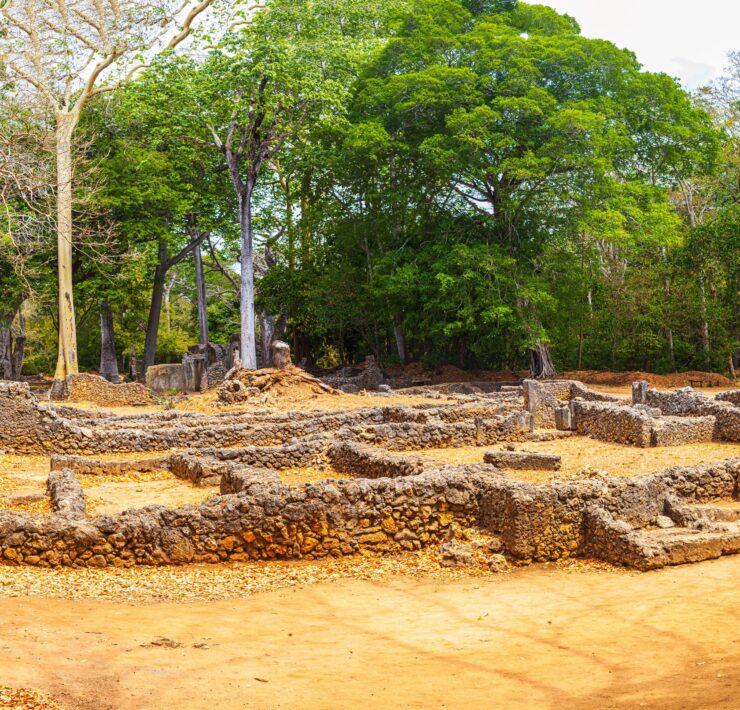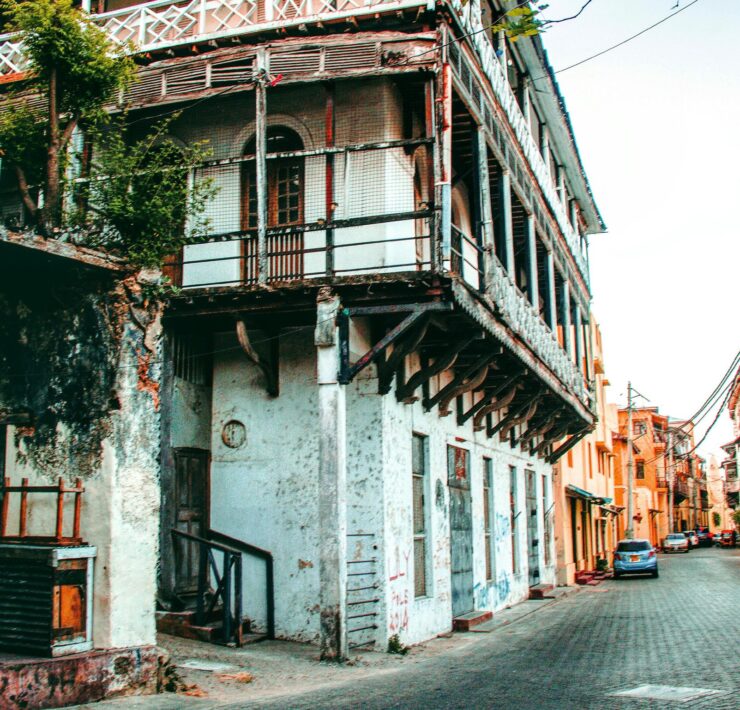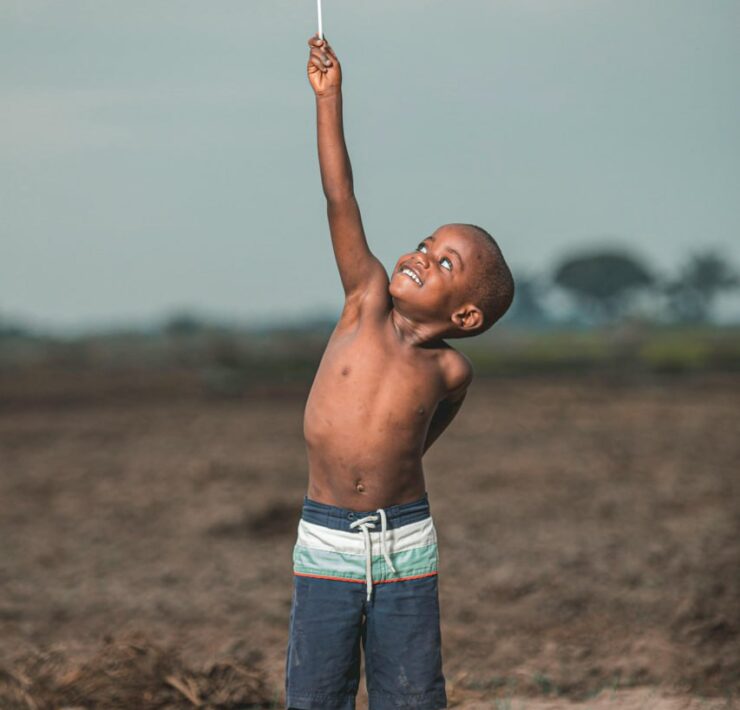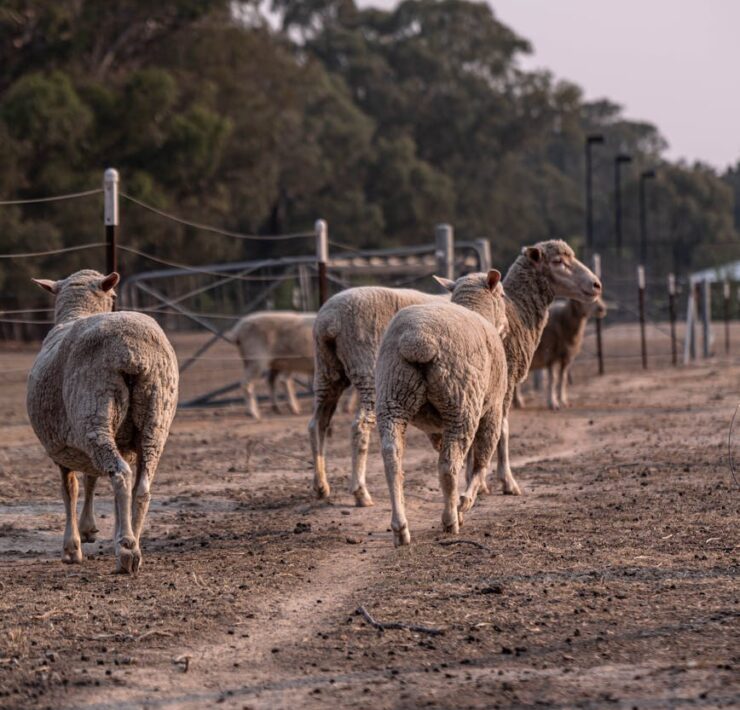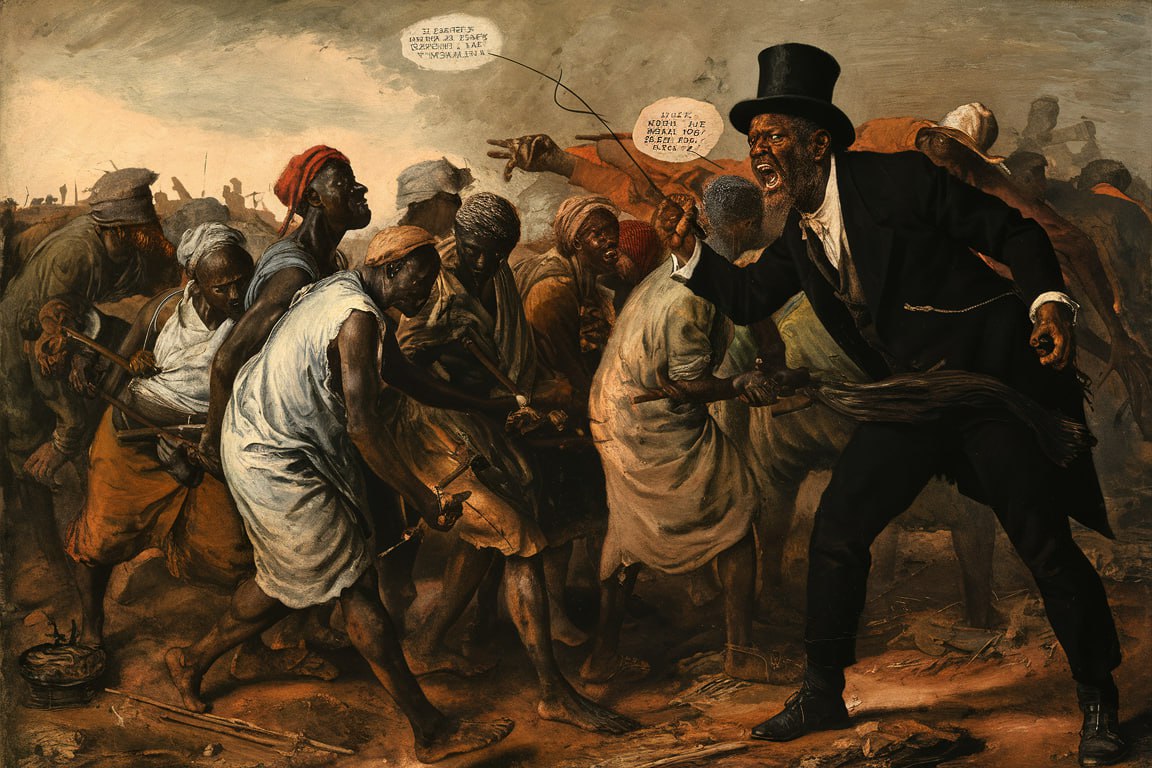
Rutendo Bereza Matinyarare was born in Zimbabwe but he lives…
Read Next
Over the years, I learned one thing: Zimbabweans don’t want change because it means that they have to work to build Zimbabwe. I know this because even though many think my cause starts with fighting sanctions, my first cause was actually:
1. Fighting the compensation of white farmers by writing a petition to the UK parliament against white farmer compensation in 2017. In this fight, from a group of 30 public figures, Melch and I were the only ones who ended up sitting to write this petition.
In my videos, I took issue with the current President -who at that point had not yet been elected- and his party for negotiating (without consultation) to compensate land thieves who never paid a cent of reparations for dispossessing us of the land, in the first place.
Eventually, we finished our petition and submitted it to the UK Parliament on the 11th of May, 2018. By 9 August 2018, the Parliament responded by rejecting our petition because they said it wasn’t clear what we were asking the parliament to do, moreover, they added that the British government was not using sanctions to pressure the Zimbabwean government to compensate white farmers.
Throughout this process, Melch and I got little support from Zimbabweans, to the point where Melch, a naturalized Ugandan Zimbabwean, got demoralized when he heard the same Zimbabweans who refused to join us in the petition, bemoan the $3.5 billion compensation agreement between the white farmers and the Zimbabwean government in June, 2020, when it was announced.
2. Soon after, I took up the fight against Western sanctions which I felt had arm-twisted our government to take on a debt to compensate land thieves. The same had also destroyed the infrastructure, currency, jobs, industry, schools, hospitals, administration and separated our families. Something that everyone decries. And when ZASM succeeded in removing those sanctions, we got scorned for removing them by most, even some in ZANU PF now deny our role in the removal even though it played itself out publicly.
3. When I stood up against Econet/Ecocash and the things they were doing in the economy in 2019-2020, I was shunned, even though my exposé eventually led to the government cracking down on Ecocash and agents’ cashout.
4. I am now fighting against Innscor, which controls our food and feeds our people illegal GMOs laced with toxic chemicals, and once again, I am standing alone with little moral support from the terraces. This is despite the fact that I am fighting to ensure that Zimbabweans eat clean food, free of biological and chemical weapons, in the hope of stopping us being the country with the highest cancer death-rate in the world.
5. Simultaneously, I am going after reparations for the 23 years our people suffered under illegal U.S. and Western persecution by sanctions, and my biggest supporters are foreigners: western lawyers and humanitarian groups who see the value of this fight to humanize Africans in the face of the world.
My own people remain obdurate and deride me for my work. No other Zimbabwean has taken on so many critical national security issues all at once in history, not even the media. But even when one of us has been ordained by our ancestors to do this job and has even succeeded as a sign of providence, Zimbabweans don’t support it.
But why don’t they support it? Because the truth is, they don’t want progress. They don’t want progress because progress takes away their excuses for failure. Progress makes their asylum statuses in foreign countries unjustifiable, so they hate people like me who are removing all the stumbling blocks, publicly, to signal it’s time to go home.
Zimbabweans would rather spend their days lamenting unsubstantiated claims of corruption against politicians and black business people they envy, to try and look for excuses to do nothing.
However, the fact is, most Zimbabweans don’t want progress because progress means they must now work to build the nation, and they don’t want to build. They want a nation built for them by others. But then the Chinese, Russians, and Westerners come to build for them and then take resources as a reward; the same lazy people moan that the nation is being exploited.
When indigenous entrepreneurs take leadership to build companies, create jobs, and develop the economy, they call them corrupt. So, what do they want? Nothing! Like their lazy parents, who failed to succeed when other smart Zimbabweans were being empowered, in a time most claim was Zimbabwe’s “good old age”- 1980 and 90s, they just want to sit and receive without working, because they have become accustomed to gorging on diaspora remittances, without sowing.
They are lazy and unwilling to take charge. They are locusts, a plague and pestilence; hence, the white man whipped them to work. And now they hate me because I remind them of the whip!
Note from Msingi Team
Why would anyone want to embrace the whip that seared their backs and broke their spirits? Why would anyone want to hold on to anything or any system that constantly holds them back from progressing? Why should a people hate the messenger who came to tell them that they can actually be free from their servitude? Why?
It’s a question we have often asked in this magazine. And this question we have posed to Africans who can see what the problems in the continent are but still choose to work for or protect those who are the perpetrators of the problems and who make gains from the pains of Africans. It does not make sense that Africans are the ones working for and also promoting the works of organizations like the Bill and Melinda Gates Foundation, AGRA, UPOV, and the many other organizations that are undermining the health and food systems in Africa. We have to open our eyes and see what the African issues are and how they are being executed in our very backyards by the very foreign entities that we love so much more than our African people.
Subscribe now for updates from Msingi Afrika Magazine!
Receive notifications about new issues, products and offers.
What's Your Reaction?
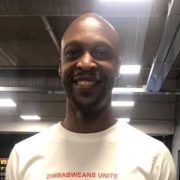 PIN IT
PIN ITRutendo Bereza Matinyarare was born in Zimbabwe but he lives in South Africa. He studied marketing and project management, but now works as a full time Afrikan social engineer. His life's creed is captured in his words: "As a man I seek to die having fulfilled my destiny to humanity, not having consumed much.” He is the founder of Frontline Strat Marketing Consultancy.
















